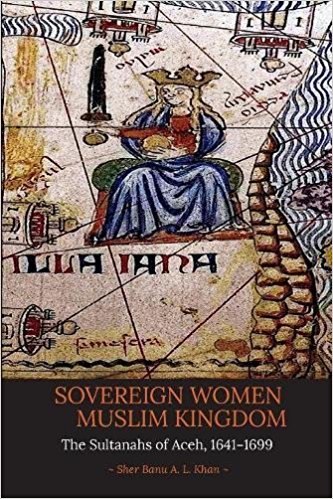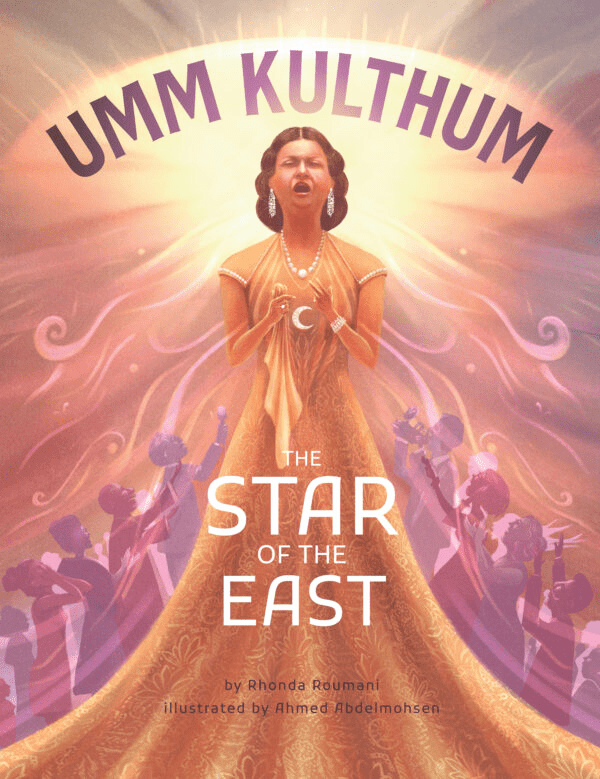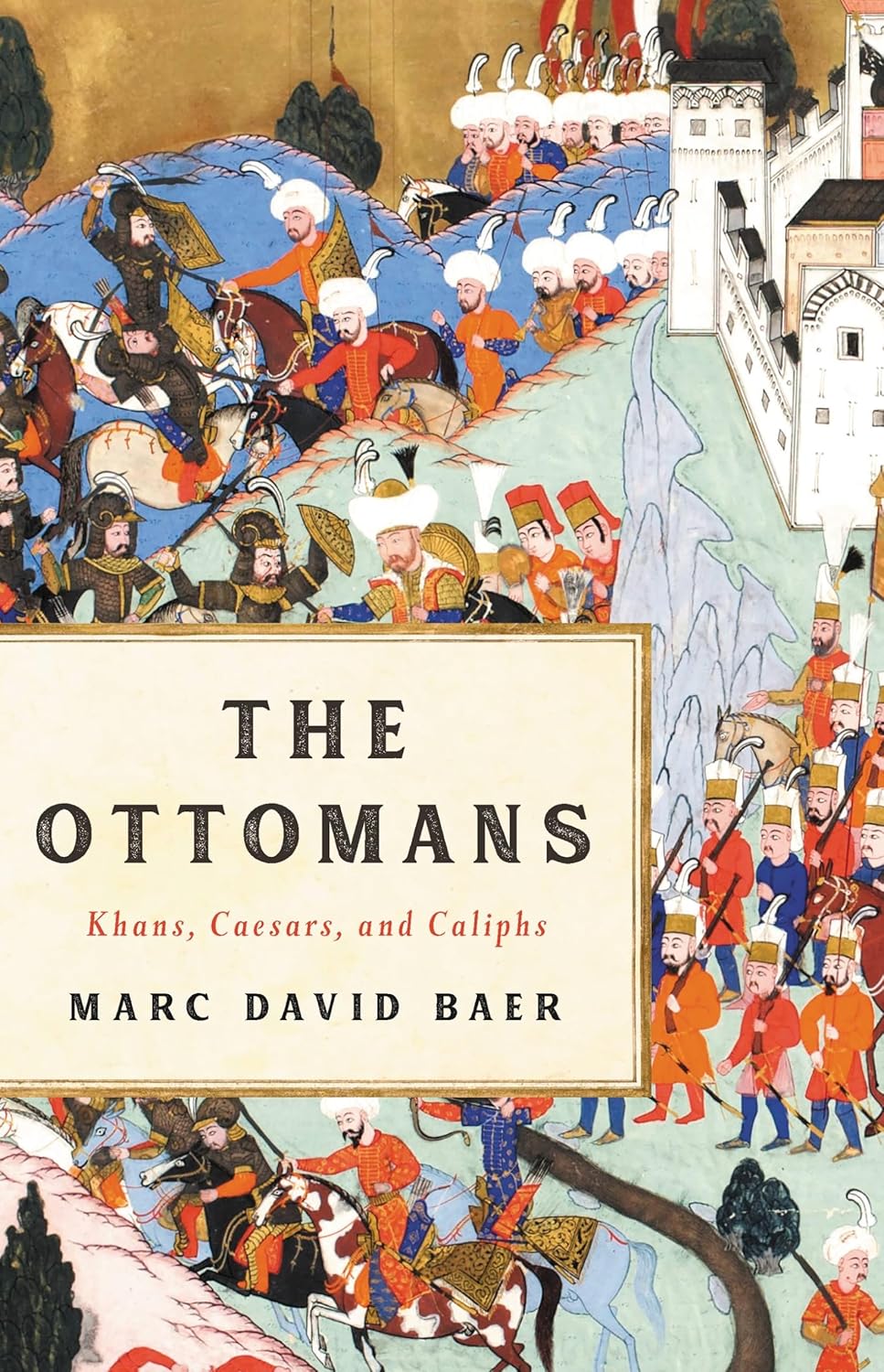
Sovereign Women in a Muslim Kingdom: The Sultanahs of Aceh, 1641–1699
Tom Verde
Sher Banu A. L. Khan
2017, Cornell UP, 978-1-50171-385-9, $69.95 hb., $23.95 pb.
During the second half of the 17th century, the Islamic kingdom of Aceh Dar al-Salam in northern Sumatra was known and respected as far away as Portugal for its trade in pepper and tin. This was the island realm’s “golden age,” when it was ruled by a succession of four women. Sultanah Safiatuddin Syah ascended the throne in 1641 and hung on to it for 34 years—longer than the combined reigns of her sultan father or her husband, Iskander Thani, whom she succeeded. Sultanahs Nur Alam Naqiatuddin Syah (r. 1675–78), Inayat Zakiatiuddin Syah (r. 1678–88) and Kamalat Zainatuddin Syah (r. 1688–99) followed in direct, albeit not unchallenged, succession. Notably, such rule by women on the island had precedent, for eighth-century Javanese and Arabic inscriptions there testify to local acceptance of female monarchs, revered as “brilliant” and “holy.”
You may also be interested in...

Children’s Book Documents Rise of Umm Kulthum, Egypt’s Star of the East, As Declaration of National Identity
Illustrator Rhonda Roumani presents an illustrative biography of legendary Egyptian singer and cultural icon Umm Kulthum.
Ottoman Origins, European Echoes
A bold reframing of how Ottoman governance shaped European ideals before Europe claimed them.